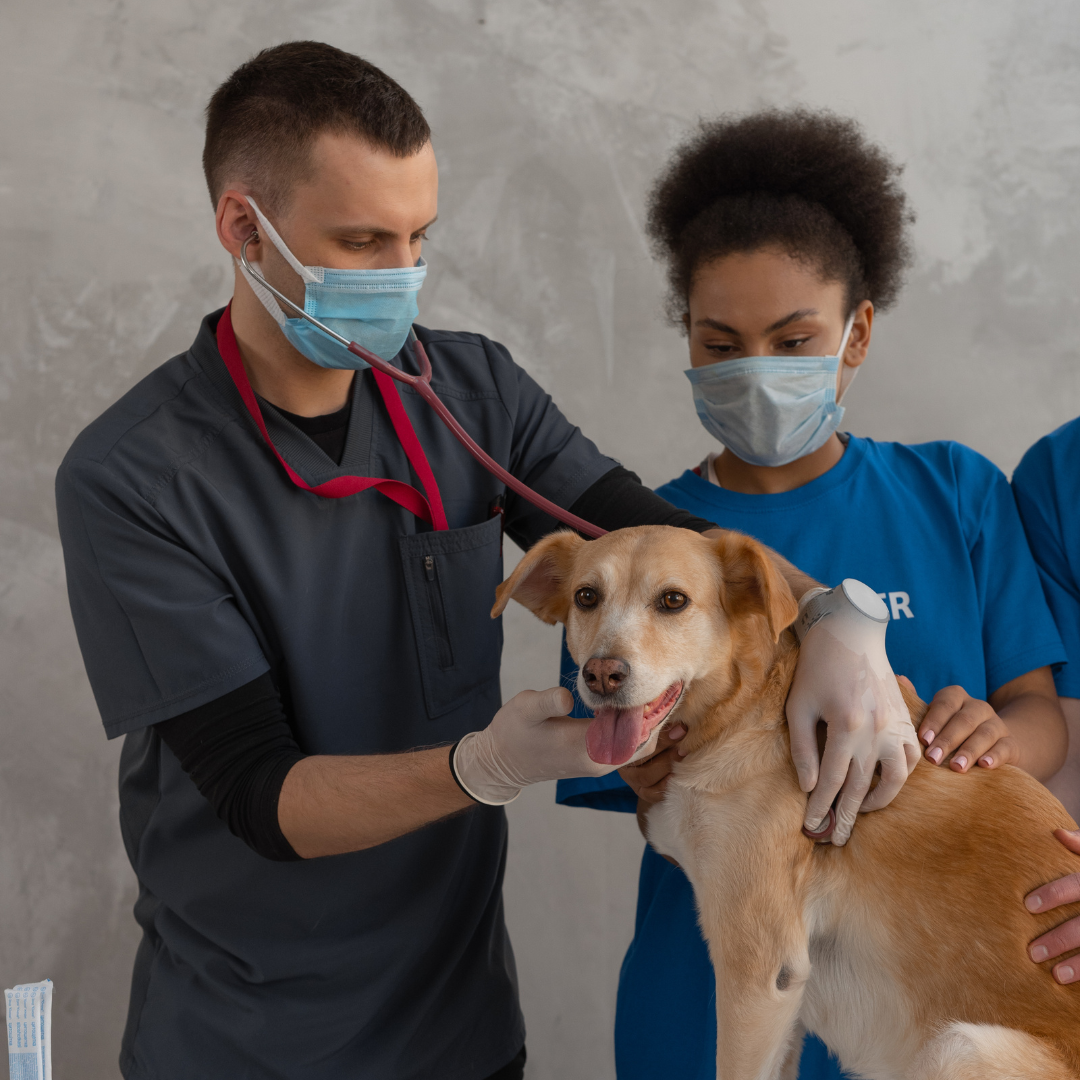Bloat, known as gastric dilatation-volvulus (GDV) complex, is considered a serious medical emergency for dogs. This condition becomes deadly for about 30 percent of the dogs affected by it, so education is crucial in helping pet parents improve the odds for their dogs. We’re here to explain what bloat is, how to catch the signs, and what to do in this emergency situation.
What is bloat?
Bloat is a situation in which a dog’s stomach flips and beings to fill with air. This causes a buildup of pressure, which stops blood from the back legs and stomach from returning to their heart. Because of this, blood pools at the back end of their body, reducing their blood supply and sending the dog into shock.
When the dog’s stomach flips, it also pulls along the spleen and pancreas. Without oxygen, the pancreas can produce some very toxic hormones, one of which that can target the heart and cause it to stop. A dog can go through successful bloat treatment and still suffer from their heart suddenly stopping.
What causes bloat?
Bloat can be caused by a variety of factors, including overeating, swallowing air, or drinking a lot of water in a short amount of time. Stress and genetic factors also make a difference, with bloat being most commonly seen in male dogs of large breeds.
What are the signs of bloat?
– Enlarged abdomen, which may seem swollen, especially on the left side
– Abnormally fast or rapid heartbeat
– Rapid, labored, or difficult breathing
– Restlessness
– Salivation
Other symptoms may include: refusal to eat, whining, pacing, anxiety, pain, weakness, pale gums, and unproductive vomiting.
An affected dog will feel pain and might whine if you press on their belly.
If you suspect your dog may be a victim of bloat, take them to an emergency vet immediately. Don’t wait! This condition can worsen quickly, and even dogs with mild symptoms can die. Staying educated, remembering what to watch for, and acting fast to get your dog medical treatment are all crucial ways you can help your dogs stay safe.
We’re here to help you be an educated pet parent, with expert tips, tricks, and information on a variety of topics! Read more of our blogs here.

